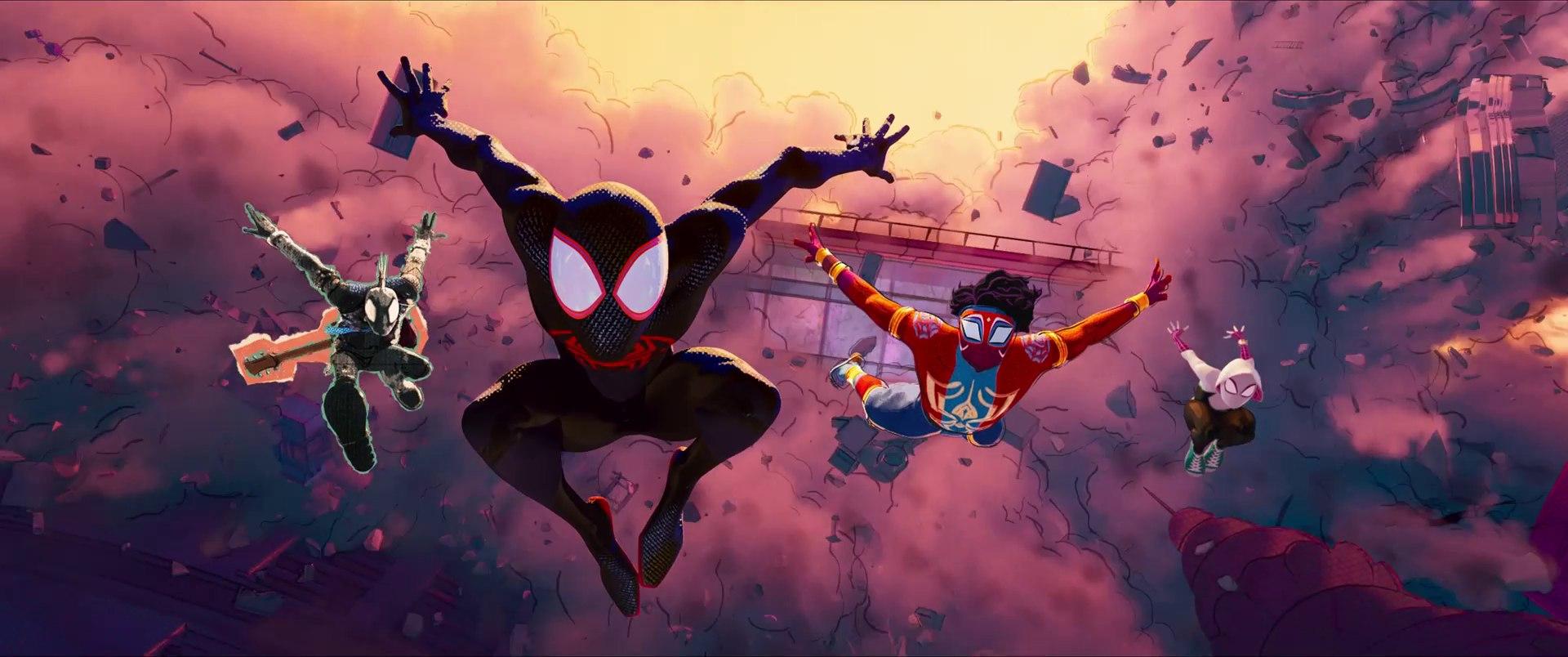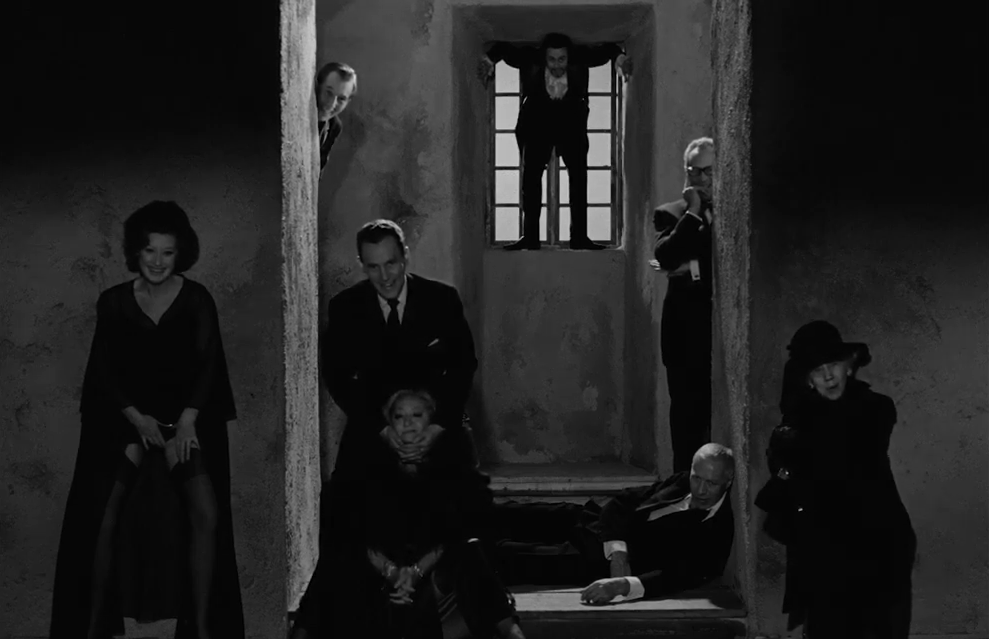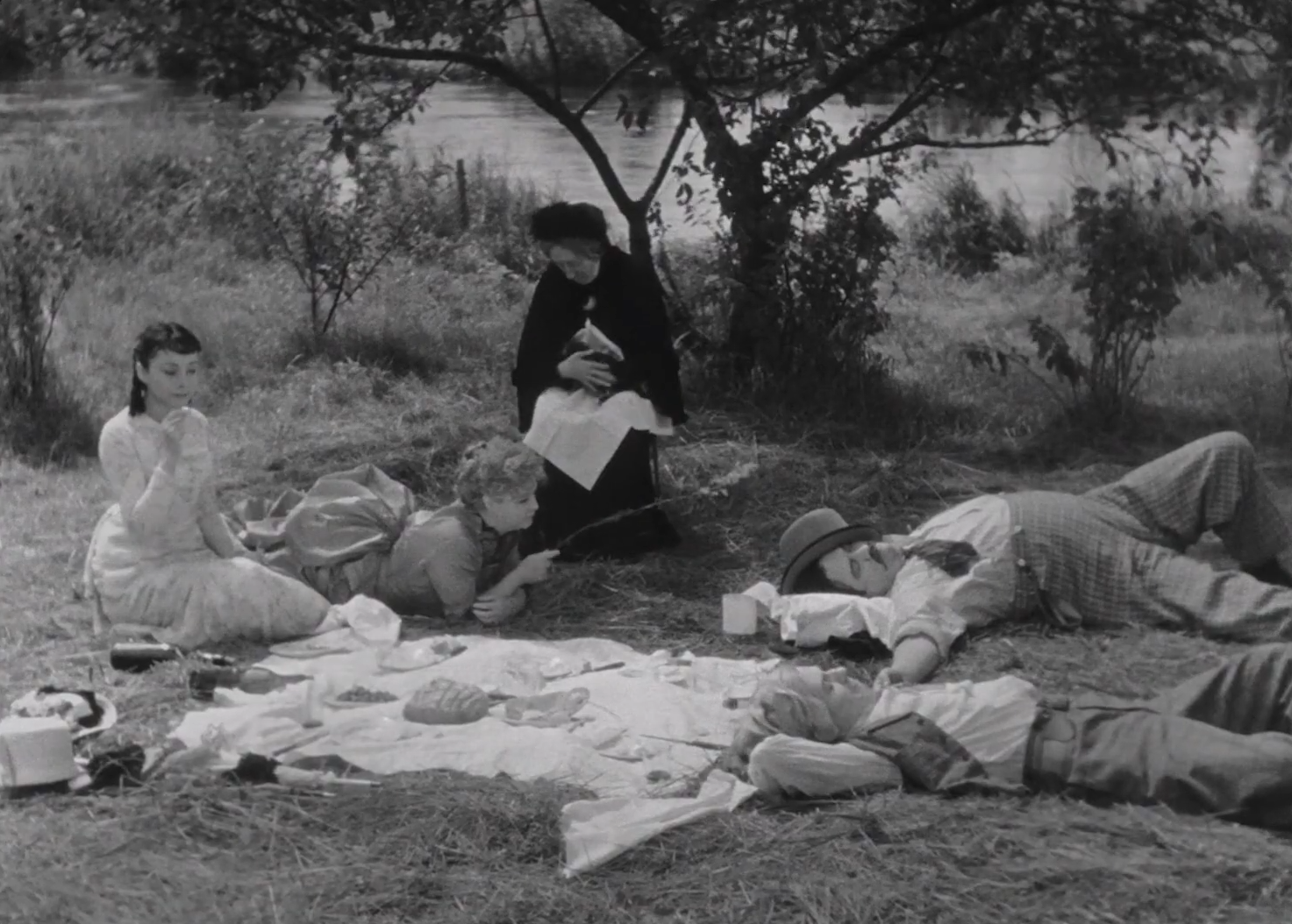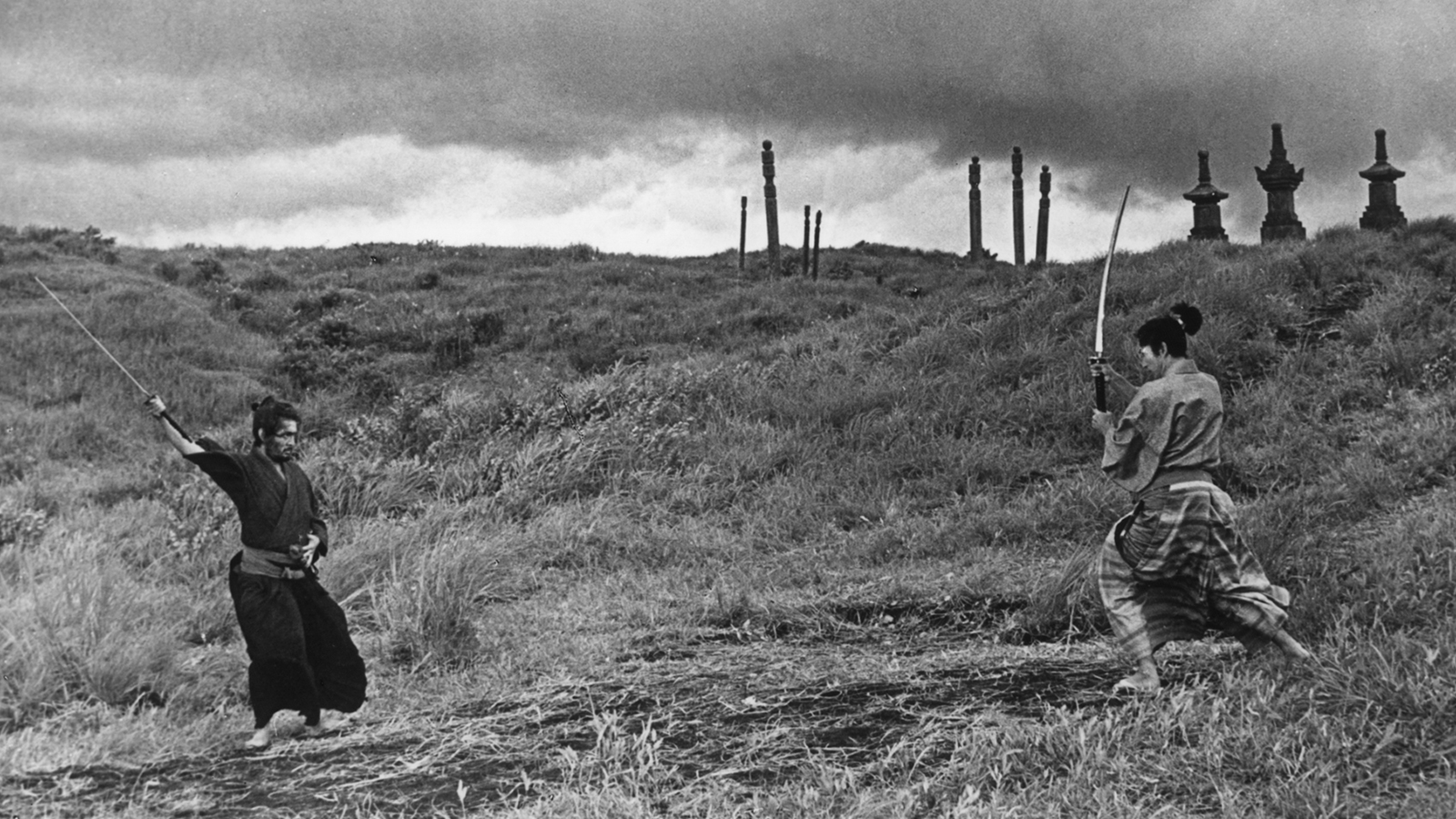-

Spider-Man: Across the Spider-Verse (2023)
Even as Spider-Man: Across the Spider-Verse hurtles through universes of conflicting pop art aesthetics, the archetypal hero conventions it deconstructs binds them together within a set ‘canon’, all the while pushing against such restrictive notions of fate with a meta-modernist humour and hyper-kinetic animation.
-

Hour of the Wolf (1968)
As we trace back the steps of one mentally tortured painter through the days before his disappearance in Hour of the Wolf, it becomes clear that no other Ingmar Bergman film has come this close to outright psychological horror, surreally warping our most intimate relationships into vulnerable weaknesses where demons come to play.
-

A Day in the Country (1936)
That wistful memories last far longer than the events they are born from is a painful paradox in A Day in the Country, but with a visual style and narrative pacing as elegant as Jean Renoir’s, it is fully possible to recognise the beauty of these moments as they pass us by, manifesting as scintillating…
-

Harakiri (1962)
The corruption of samurai tradition in Harakiri has not merely unfolded through passive spiritual negligence, but rather arises from the flawed humanity hiding behind its facade, as Masaki Kobayashi thrillingly lays out a pessimistic Japanese fable of one man’s violent attempt to expose its total hypocrisy.
-

The Human Condition (1959-61)
Japanese soldier, prisoner, and pacifist Kaji seems to live multiple lives across the modern odyssey of The Human Condition trilogy, waging his soul as the last battleground of moral fortitude in the final years of World War II, and becoming the compelling centrepiece of Masaki Kobayashi’s devastating study on humanity’s most vital essence.

